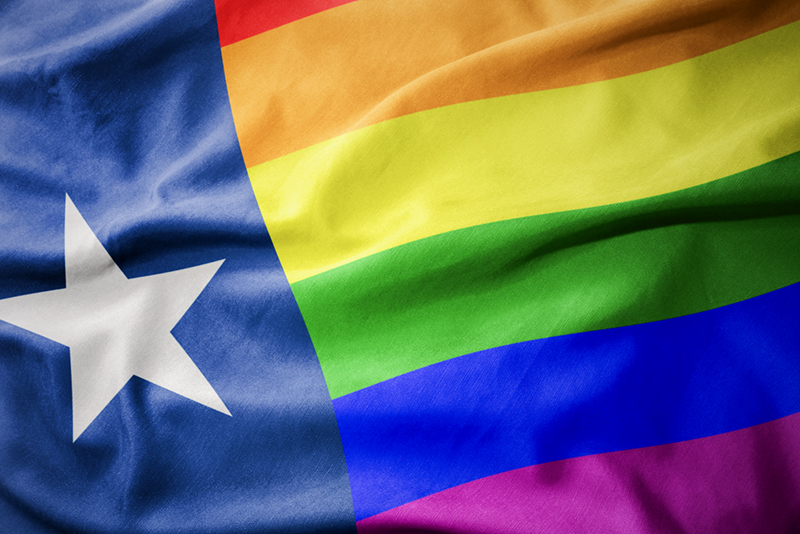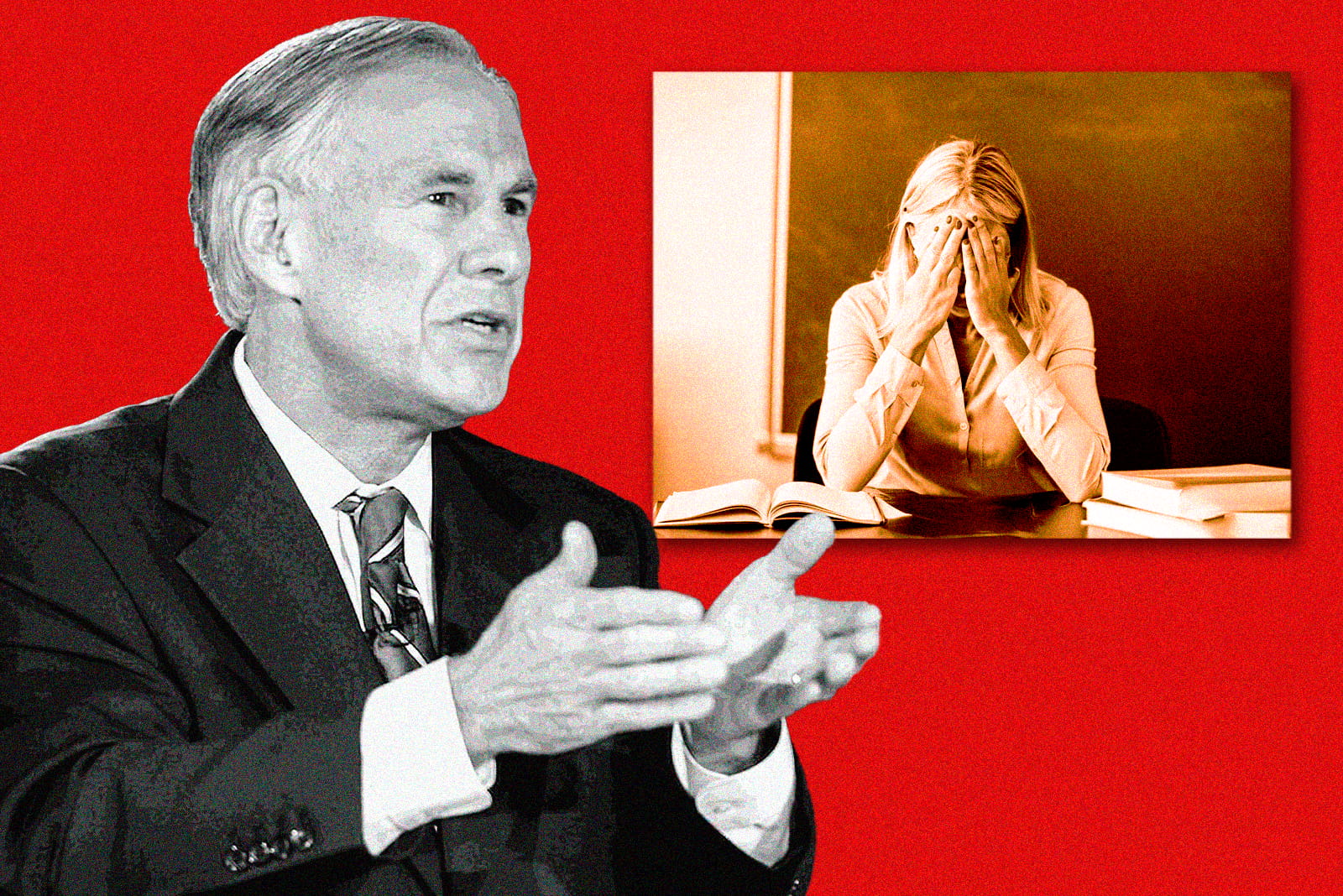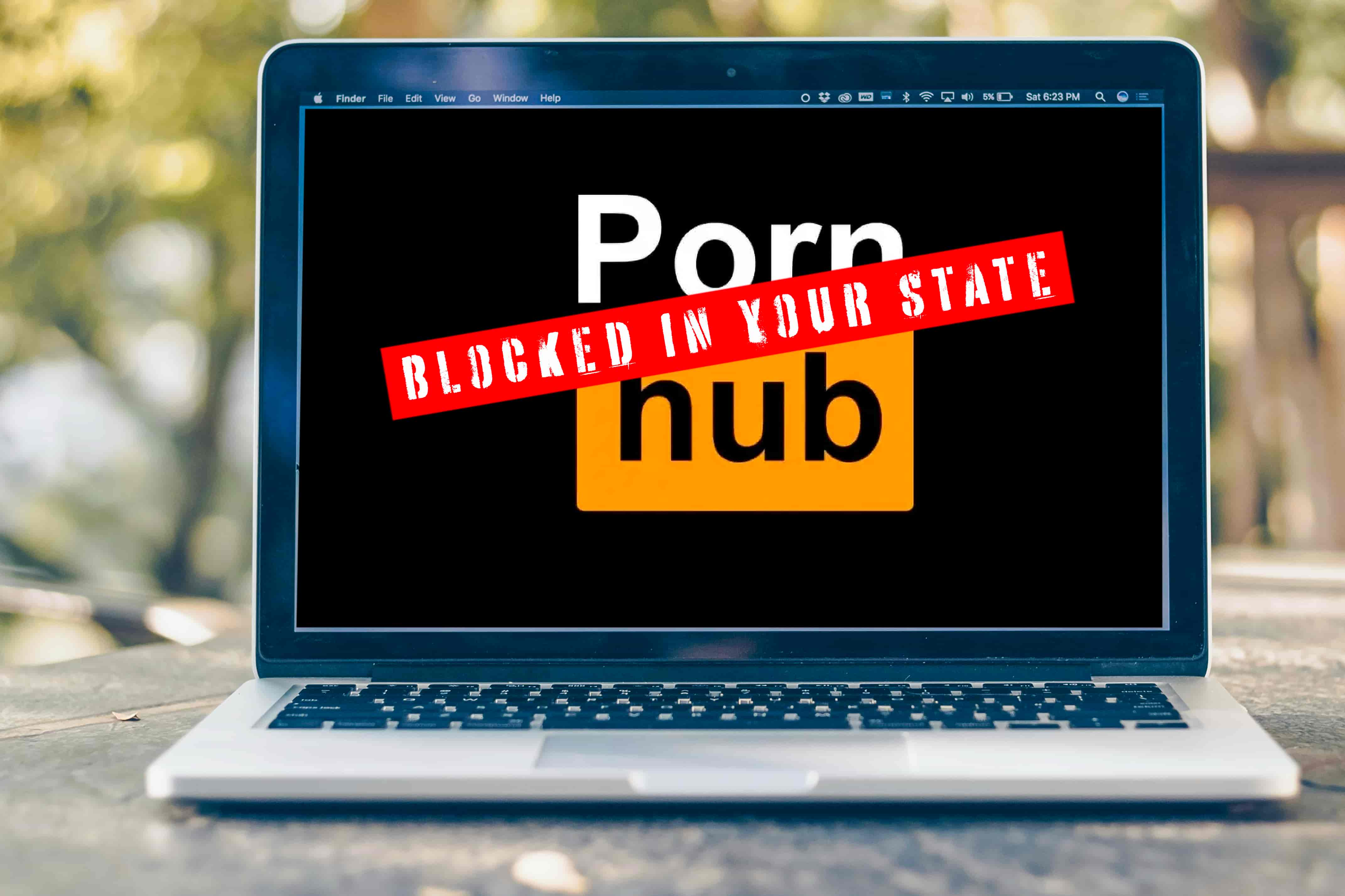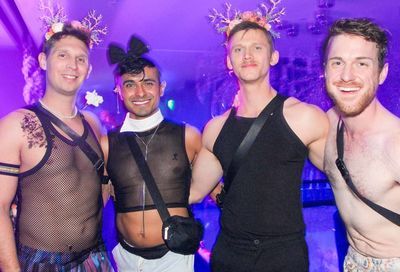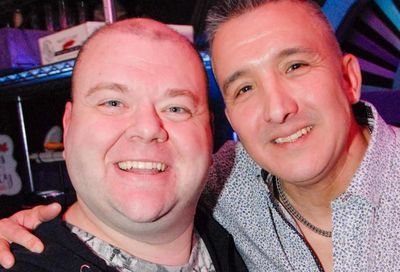Lesbian Bar Denied Insurance Coverage for Hosting Drag Shows
Houston's sole lesbian bar may be forced to close if insurers refuse to underwrite the business because it hosts drag shows.
By John Riley on May 17, 2023 @JRileyMW

Houston’s sole lesbian bar will likely see its operational costs rise and may even be forced to close after being denied insurance coverage because it hosts drag shows.
Julie Mabry, the owner of Pearl Bar in Houston, told the Houston Chronicle that proposed bills in Texas seeking to ban public displays of drag and categorize any venue hosting a drag performance as a “sexually oriented business,” — which carries its own significant implications for zoning, hours of operations, a venue’s ability to serve alcohol, and taxes — have made insurers skittish about underwriting the bar.
Mabry said she first learned something was wrong a few months ago when she tried to shop around for a new insurance policy with a new agent.
That agent eventually told her that only one underwriter had responded favorably, offering to cover the bar for $91,000 — more than double the amount she had paid the previous year.
Days later, that same underwriter rescinded the offer entirely, refusing to provide coverage for the bar. In a March 23 email that Mabry shared with the Chronicle, the underwriter wrote, “We will not consider this one due to drag. We won’t write this risk.”
Although Mabry chose not to reveal identifying information about the underwriter or the insurance agent, fearing a backlash from others in the insurance industry, she did express alarm that a business’s decision to host drag shows could be considered too risky for insurance agents — let alone the financial impact that the denial has on her personally.
“I can’t stay in business if the expenses stay this high,” she said.
For now, she remains covered under her current plan, but will soon have to reapply for insurance, which bar owners are required to do annually.
The refusal to underwrite Pearl Bar comes at a time when drag shows, or any public display of gender nonconformity, have become the new target of anti-LGBTQ campaigners.
Republican legislators in various states have sought to restrict the types of places where drag can be performed, in the hope that most businesses and organizations will ultimately ban it out of fear of retribution.
Additionally, anti-transgender and white supremacist groups have labeled drag queens and those who support them as “groomers,” alleging that exposure to drag will inevitably indoctrinate children into identifying as LGBTQ or undergoing transition-related medical procedures.
Some have even alleged that all drag queens abuse children.
As a result, protests of drag-themed events or businesses that host drag shows have increased in number, with some of those protests resulting in violence, death threats, or arrests. A group of anti-drag activists allegedly broke into and vandalized a New York City council member’s office, with two breaking into his apartment building after he publicly defended a Drag Queen Story Hour held at a local library.
Mabry said she cried for a week after being denied insurance coverage.
She later took to Instagram to issue a call to action.
“I’ve worked my whole life to have my dream come true. I honestly can’t believe we are here in 2023, but you’ve seen the posts; Big-name performers in Tennessee posting about how they’ve been warned that if they have drag queens they will be legally reprimanded,” she wrote in a post. Well — think about the BARS! Not some big show that happens in a city once a year, but somewhere where people go every single day!
“Celebrities all over the world need to start speaking up against all these states trying to ban drag,” Mabry continued. “Before you know it, you’ll be next. No representation in film or on the radio. Sounds absurd? That’s what I thought two years ago.”
She also noted in the post that her establishment only admits people aged 21 or over, so children are never present for drag performances — meaning she shouldn’t have to worry about allegations that hosting drag violates the proposed Texas drag ban — which has failed to pass the legislature, and has not yet been signed into law.
But insurers appear to be skittish about angering the Republican-led legislature, which seems intent on bullying businesses into banning drag, much the way that their counterparts in Florida have gone after businesses, including the Walt Disney Company, that opposed that state’s anti-LGBTQ laws.
“…[W]hy are they already denying us if we are a 21+ club?” she wrote in her post. “BECAUSE THE TEXAS LEGISLATURE IS SPREADING HATE!”
Mabry also replied to comments accusing her of drawing attention away from the drag performers affected by the proposed law, noting: “We are speaking up for drag performers. It would be a lot easier to just cancel our drag king show, drag bingo and drag karaoke and get new insurance. We will NOT cancel our drag shows and hurt their income.”
In March, Tennessee became the first state to ban drag performances in public or in places where they may be viewed by children, even with parental consent. Although a federal judge has temporarily blocked the law, other states are considering similar bills.
Texas’s own version of a similar law was approved by a House committee last Friday and could pass as soon as this week.
If the ban passes into law, the Texas Attorney General could potentially fine establishments that host drag up to $10,000 per violation of the law. In addition, each violation would be considered a Class A criminal misdemeanor, incurring a maximum fine of $4,000 and potentially up to a year in jail.
Alejandra Caraballo, a transgender activist and a clinical instructor at Harvard Law School’s Cyberlaw Clinic, told the Chronicle that, like many other anti-LGBTQ bills introduced this year, the proposed laws are vague but authorities may choose to selectively enforce them — meaning any drag performance could potentially be accused of violating the law.
“The people who are against LGBTQ folks and drag inherently view LGBTQ people as sexualized, even though they’re not, she said. “And that’s the subjective part that allows them to say ‘this is sexual in nature,’ even though it’s not.”
But she also noted that the larger intent of such vaguely-worded statutes is to intimidate business owners into carrying out the drag ban by explicitly prohibiting shows in their establishments or making it financially impossible to continue operating unless such shows are canceled.
“The goal is essentially to regulate these establishments out of business, to make it so that these businesses cannot function,” Caraballo said. “They use children as the pretense but the reality is, they want LGBTQ people out of public life.”
Court Blocks Texas from Investigating Trans Kids’ Families
A Texas judge blocked the Texas Attorney General's office from pursuing investigations of parents of transgender children.
By John Riley on April 1, 2024 @JRileyMW
A Texas court blocked Republican State Attorney General Ken Paxton's office from demanding information and documents from PFLAG that might reveal the identities of families seeking out gender-affirming care for transgender children.
Last week, Travis County District Court Judge Amy Clark Meachum issued a temporary injunction blocking Paxton's office from demanding the information, writing that "immediate and irreparable injury, loss, or damage will result to PFLAG and its members" if Paxton's office is able to obtain information about the group's members, which number close to 600 in Texas alone.
Texas Governor Wants to Ban Trans People from Being Teachers
Greg Abbott implied that openly transgender and gender-nonconforming people should no longer be allowed to teach in Texas schools.
By John Riley on April 23, 2024 @JRileyMW
Several high-profile Texas Republicans are calling for a ban on transgender or gender-nonconforming individuals from teaching in schools, following comments by Texas Republican Gov. Greg Abbott.
Abbott made the comments during the keynote address at the annual convention of the Young Conservatives of Texas on April 20.
He seized on the story of Rachmad Tjachyadi, a former teacher from Lewisville, Texas. Tjachyadi resigned in March after Libs of TikTok posted pictures of him in dresses, tutus, and a costume of Ursula, the sea witch from The Little Mermaid.
Pornhub is Blocking Visitors in Texas
Pornhub has blocked visitors from Texas in response to age-verification laws that may infringe on users' privacy.
By John Riley on March 26, 2024 @JRileyMW
Pornhub is blocking visitors from Texas in response to an age-verification law that leaves adult websites liable if a minor is found to have accessed the content, even through deceptive means.
Under the law, passed last year, websites offering adult sexual content, or where more than one-third of a website's content may be deemed "harmful to minors," must require users to prove their age by providing government-issued identification to access the site.
Alternatively, a person could use a "commercially reasonable method that relies on public or private transactional data" to verify a visitor's age, whether that means signing up through a digital third-party site that would verify a person's age before granting access or potentially using a camera and facial recognition technology to verify that a user is an adult.
Support Metro Weekly’s Journalism
These are challenging times for news organizations. And yet it’s crucial we stay active and provide vital resources and information to both our local readers and the world. So won’t you please take a moment and consider supporting Metro Weekly with a membership? For as little as $5 a month, you can help ensure Metro Weekly magazine and MetroWeekly.com remain free, viable resources as we provide the best, most diverse, culturally-resonant LGBTQ coverage in both the D.C. region and around the world. Memberships come with exclusive perks and discounts, your own personal digital delivery of each week’s magazine (and an archive), access to our Member's Lounge when it launches this fall, and exclusive members-only items like Metro Weekly Membership Mugs and Tote Bags! Check out all our membership levels here and please join us today!
The Magazine
-
Most Popular
 George Santos, Duped by NAMBLA Prank, Exits Race for Congress
George Santos, Duped by NAMBLA Prank, Exits Race for Congress  Trolls Hate on No. 1 NFL Draft Pick for Pink Phone and Nail Polish
Trolls Hate on No. 1 NFL Draft Pick for Pink Phone and Nail Polish  For Don Mancini, Chucky is So Much More Than a Killer Toy
For Don Mancini, Chucky is So Much More Than a Killer Toy  GLOW's Secret Garden Is An "Escape...With A Chill Vibe"
GLOW's Secret Garden Is An "Escape...With A Chill Vibe"  'Challengers' is a Sexy, Ripping Love Match (Review)
'Challengers' is a Sexy, Ripping Love Match (Review)  'The Human Museum' Puts the Bots in Charge (Review)
'The Human Museum' Puts the Bots in Charge (Review)  Conservative Ad Makes Case for Transgender Rights
Conservative Ad Makes Case for Transgender Rights  California Mayor Recalled After Coming Out as Transgender
California Mayor Recalled After Coming Out as Transgender  The Powerful Story Behind David Archuleta's ‘Hell Together’
The Powerful Story Behind David Archuleta's ‘Hell Together’  Ralph Fiennes and Indira Varma Soar in STC's 'Macbeth' (Review)
Ralph Fiennes and Indira Varma Soar in STC's 'Macbeth' (Review)
 'Challengers' is a Sexy, Ripping Love Match (Review)
'Challengers' is a Sexy, Ripping Love Match (Review)  'The Human Museum' Puts the Bots in Charge (Review)
'The Human Museum' Puts the Bots in Charge (Review)  George Santos, Duped by NAMBLA Prank, Exits Race for Congress
George Santos, Duped by NAMBLA Prank, Exits Race for Congress  Grindr is Being Sued for Sharing HIV Statuses
Grindr is Being Sued for Sharing HIV Statuses  Judge Blocks Ohio's Anti-Transgender Bans
Judge Blocks Ohio's Anti-Transgender Bans  D.C. Courts Pop-Up Businesses Ahead of WorldPride
D.C. Courts Pop-Up Businesses Ahead of WorldPride  Cher to be Inducted in the Rock & Roll Hall of Fame
Cher to be Inducted in the Rock & Roll Hall of Fame  Texas Governor Wants to Ban Trans People from Being Teachers
Texas Governor Wants to Ban Trans People from Being Teachers  For Don Mancini, Chucky is So Much More Than a Killer Toy
For Don Mancini, Chucky is So Much More Than a Killer Toy  LGBTQ Teen Sues School Over Suspension For Rap Lyrics
LGBTQ Teen Sues School Over Suspension For Rap Lyrics
Scene
Metro Weekly
Washington's LGBTQ Magazine
P.O. Box 11559
Washington, DC 20008 (202) 638-6830
About Us pageFollow Us:
· Facebook
· Twitter
· Flipboard
· YouTube
· Instagram
· RSS News | RSS SceneArchives
- "We use cookies and other data collection technologies to provide the best experience for our customers. You may request that your data not be shared with third parties here: "Do Not Sell My Data
Copyright ©2024 Jansi LLC.




